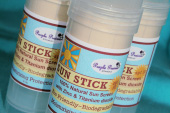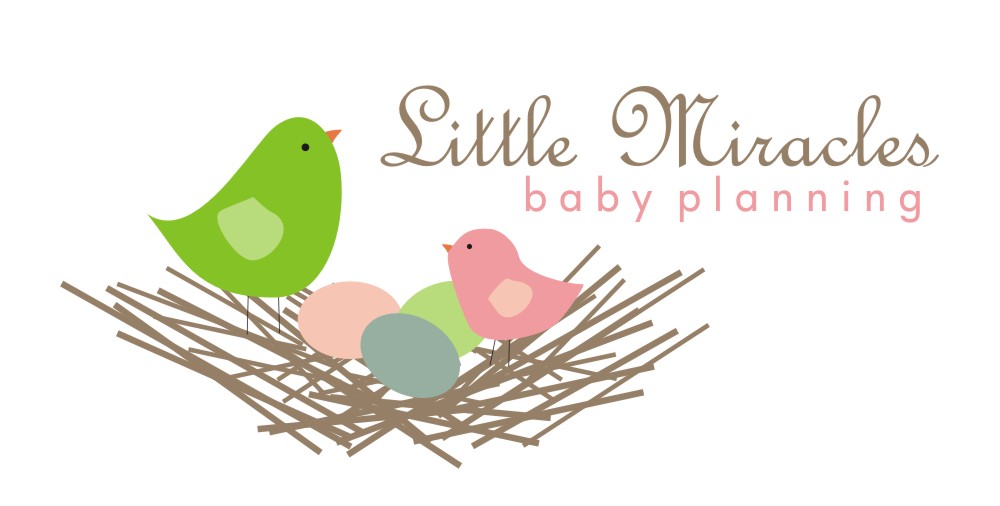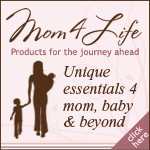from Environmental Working Group
Choose from among our top rated sunscreens for broad spectrum protection with fewer hazardous ingredients. And follow our sun safety tips to protect your skin for a lifetime.Loving Naturals Sunscreen, SPF 30+
Rating: 0

Heiko Kids 40 SPF
Rating: 0

Goddess Garden Kids Natural Sunscreen SPF 30+
[+1 other products by manufacturer]
Rating: 0
California Baby Sunblock Stick No Fragrance, SPF 30+
[+2 other products by manufacturer]
Rating: 0

Badger Sunscreen Face Stick, SPF 30, Unscented
[+2 other products by manufacturer]
Rating: 1

Purple Prairie Botanicals Sun Stick, SPF 30
[+1 other products by manufacturer]
Rating: 1

Soleo Organics All Natural Sunscreen, SPF 30+
[+2 other products by manufacturer]
Rating: 1

UV Natural Baby Sunscreen, SPF 30+
[+2 other products by manufacturer]
Rating: 1

Suntegrity Skincare All Natural Moisturizing Face Protection SPF 30
Rating: 1

Kasia Beautiful Health Skincare Good Day Sunshine
Rating: 1
see all sunscreens
Does your sunscreen work? EWG's investigation of 552 beach and sport sunscreens finds that 2 out of 5 contain chemicals that may pose health hazards or don't adequately protect skin from the sun's damaging rays. Some of the worst offenders are leading brands like Coppertone, Banana Boat, and Neutrogena.
More Americans than ever are using sunscreen to protect from sunburn and guard against skin cancer. Top choices include products with high SPF ratings, and that are waterproof or that advertise "broad spectrum" protection.
Most people trust that the claims on the bottle will ensure that the product truly protects their health and their families'. Nothing could be less certain. Until FDA strengthens and finalizes sunscreen safety standards first drafted 31 years ago, consumers can't be confident that products on store shelves are safe and effective.
We found 70 sunscreens claiming SPFs from 55-100+ that might tempt you to stay out longer in the sun, but they block just 1 to 2% more sunburn rays than an SPF 30 sunscreen. These products violate FDA's sunscreen safety standards.
Four percent of high SPF sunscreens (SPF of at least 30) protect only from sunburn (UVB radiation), and provide poor protection from UVA, the sun rays linked to skin damage and aging, immune system problems, and potentially skin cancer. FDA does not require that sunscreens guard against UVA radiation.

.png)




No comments:
Post a Comment